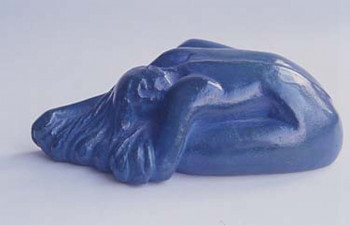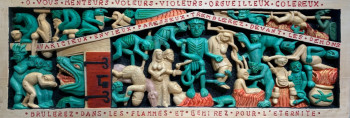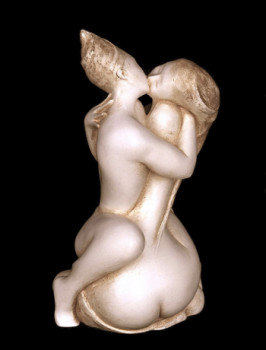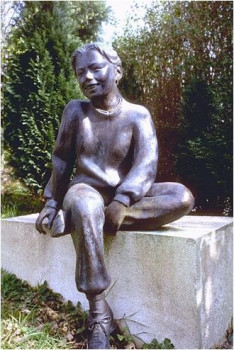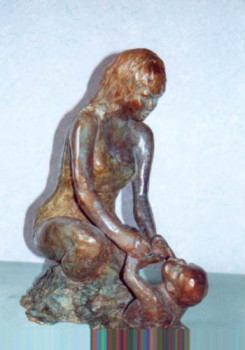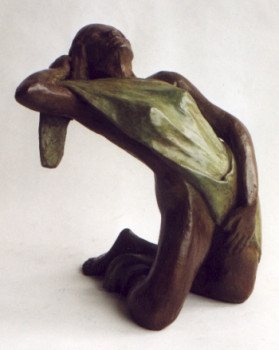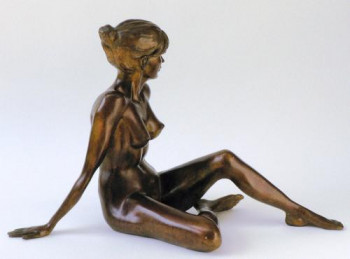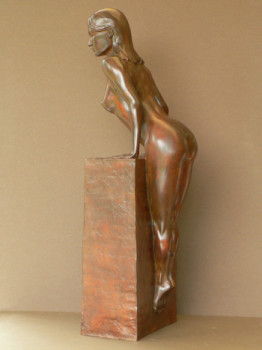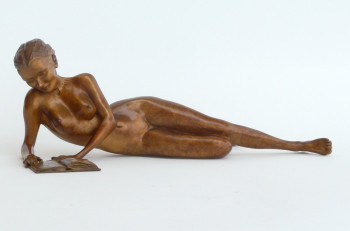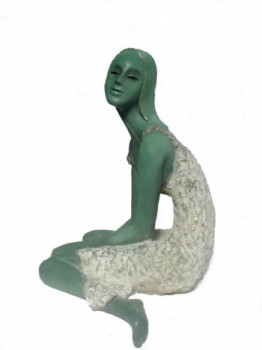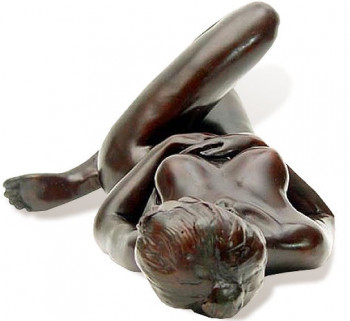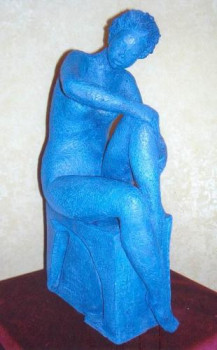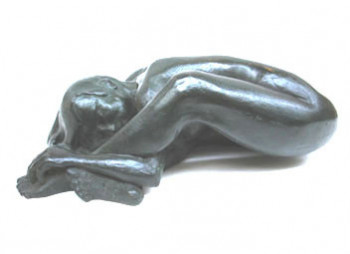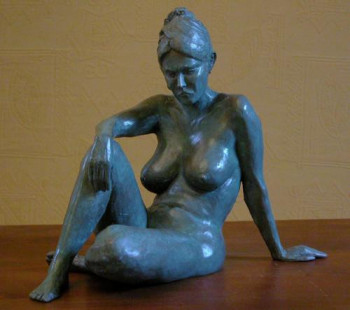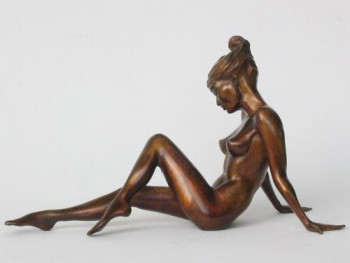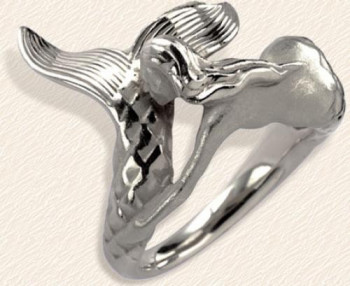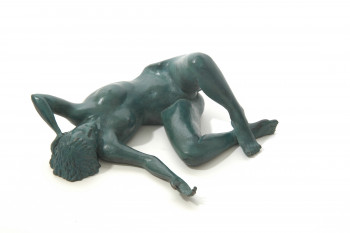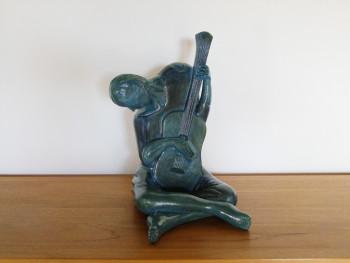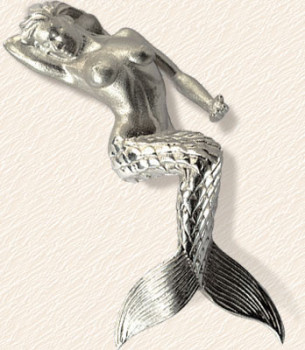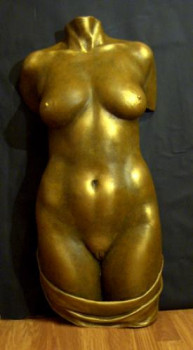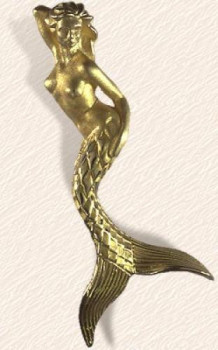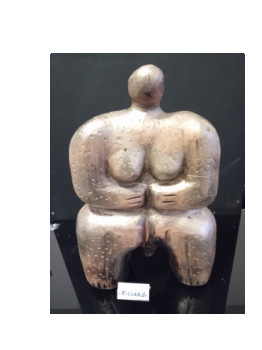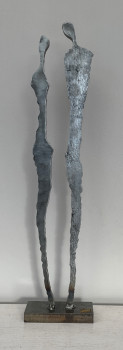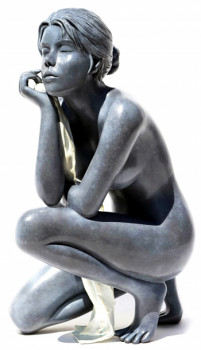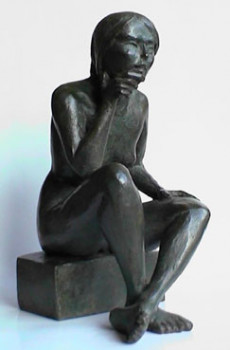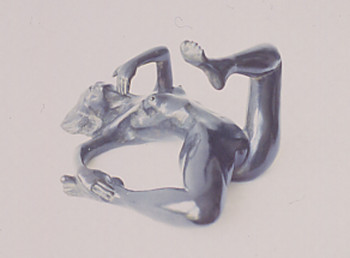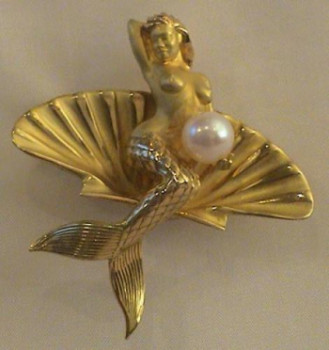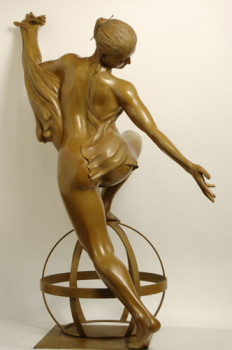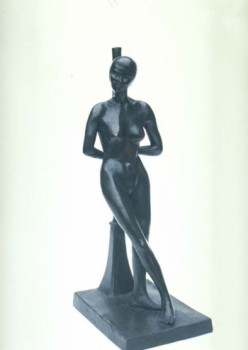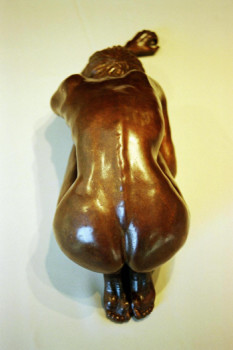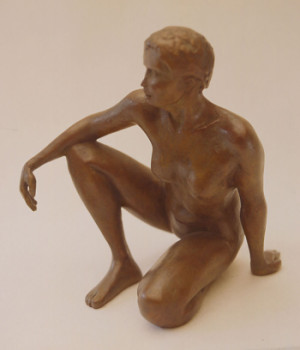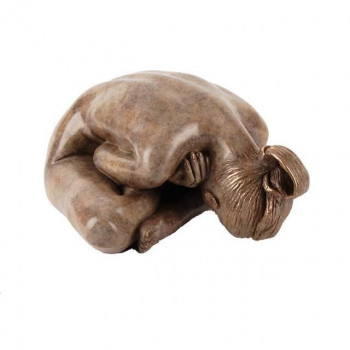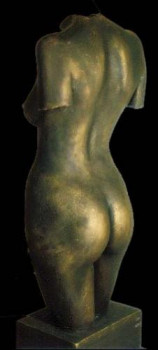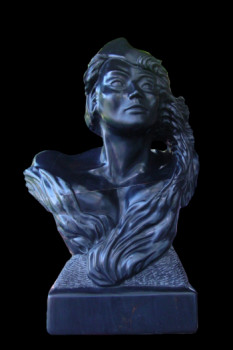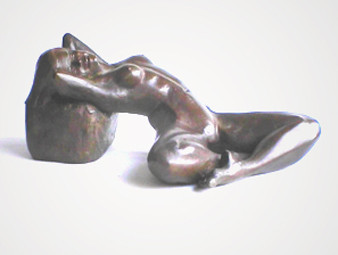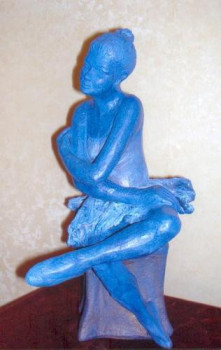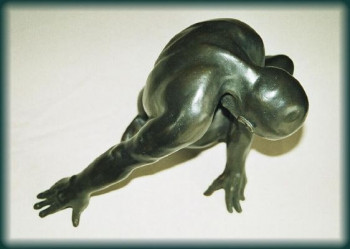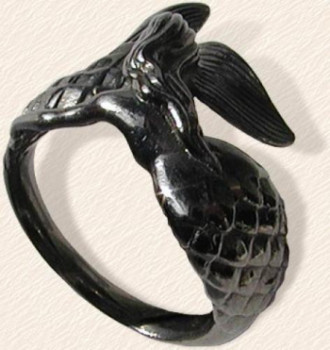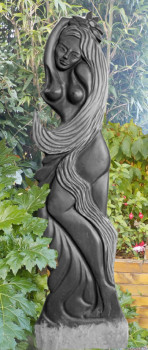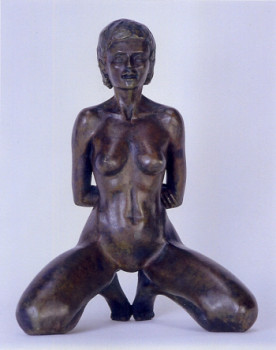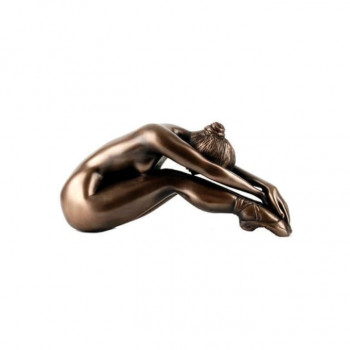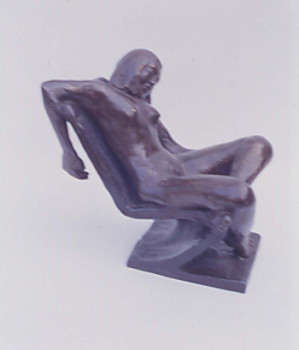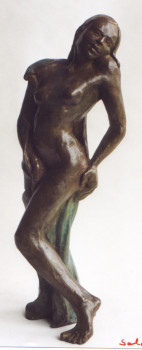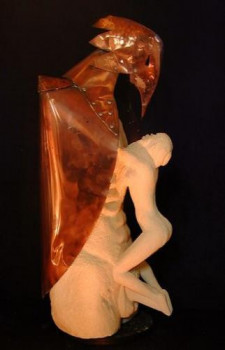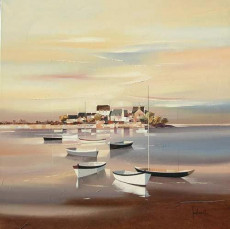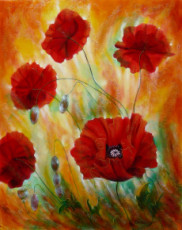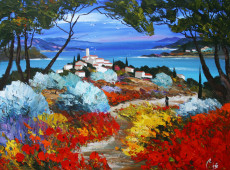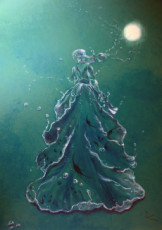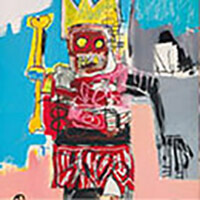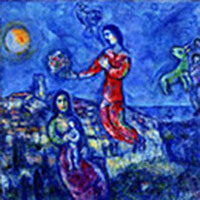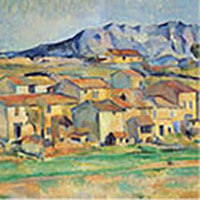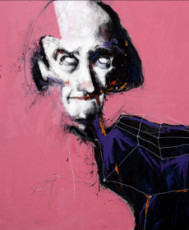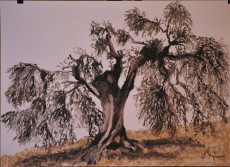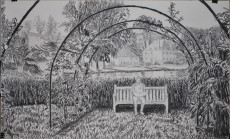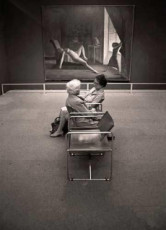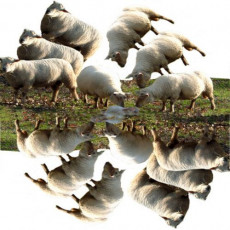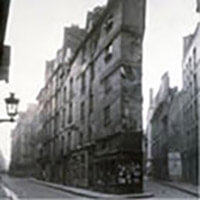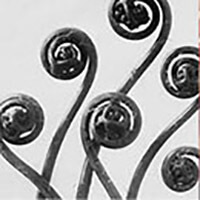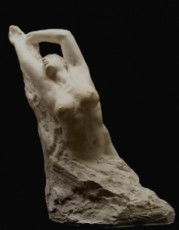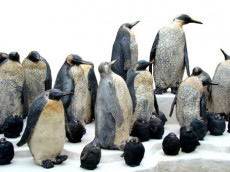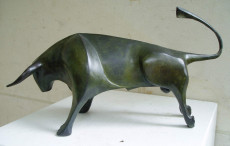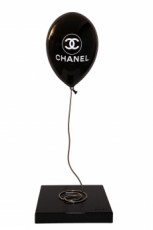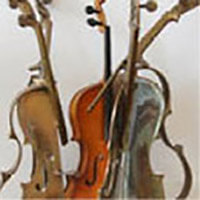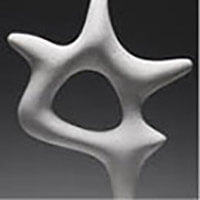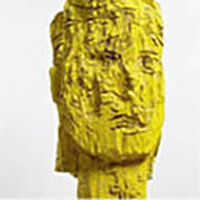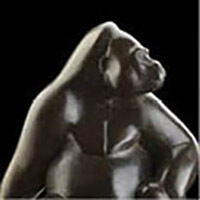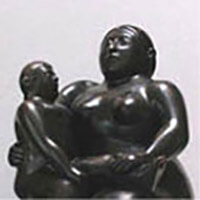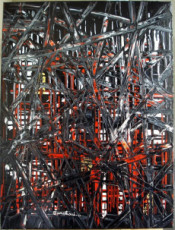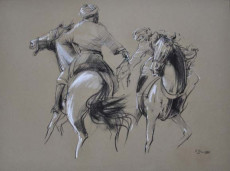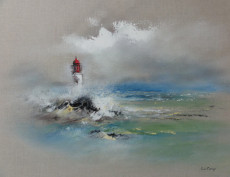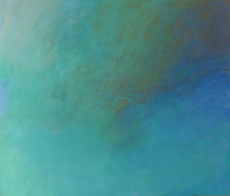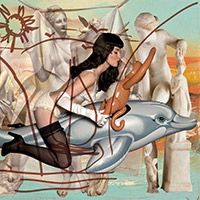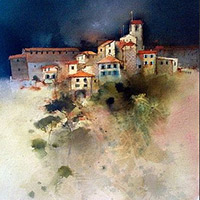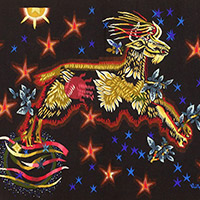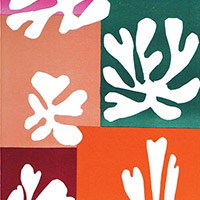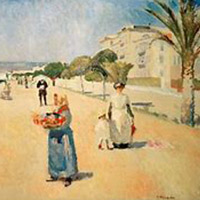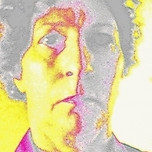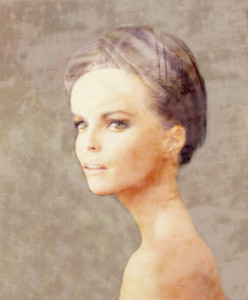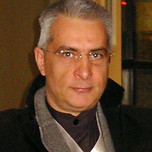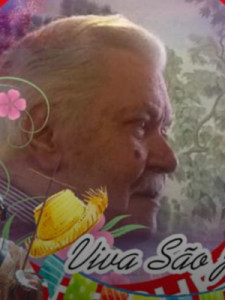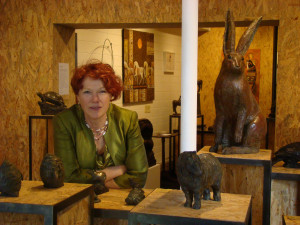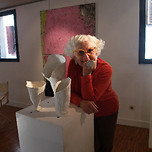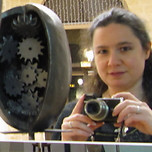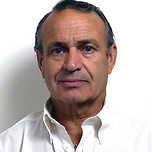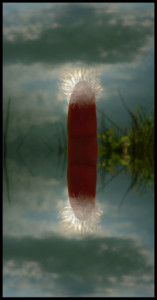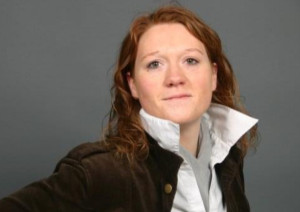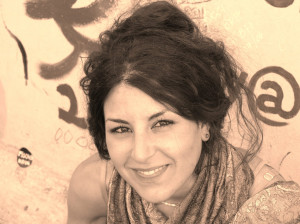
Edvard Eriksen: once upon a time, there was a little mermaid
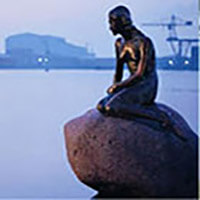
For many, throughout the world, Edvard Eriksen is and will remain at the heart of the world. never the artist sculptor to the origin of "The Little Mermaid" from Copenhagen.
Birth and early life of Eriksen
Edvard was born in Copenhagen, March 10, 1876. We know very little about his childhood. There is no doubt that he was rocked; by nature, because of his Icelandic-Danish origins, and that it was with her that he developed a sensitivity to nature at a very young age. extraordinary. Very discreet about his younger years, the young Eriksen reveals himself more through his Works. These demonstrate a unique personality. open, humble, delicate and enjoying a harmonious relationship with nature. Edvard Eriksen models marble, bronze, granite and so many other materials as he sees fit. The result is always sober, elegant, refined. and of great purity.
Entering adulthood
If his youth remains vague, his start in life is much less so. The artist sculptor met his first love, Éline, a little before the turn of the century, and married her during the year 1900. From the status of companion that of a muse, there is only one step and Eacute;line takes it easily. Edvard is inspired by his face, with its soft and peaceful curves, to structure the features of numerous sculptures. The Little Mermaid, for example, carries a trace of the love of her life, in the corner of her gaze, in her eyes. the corner of his lips, in the line of his mouth. of his nose or even under the roundness of his cheeks.
Artist and teacher
Two years after his marriage, the sculptor Eriksen managed to achieve his goal. organize several exhibitions. These allow him to extend his reputation beyond the rest of the world. of his native country. Success does not take long to arrive. knock Edvard's door. His talent is recognized everywhere, notably in southern Europe and in Italy, in particular. In 1908, he was offered a job and became a highly respected professor. from the Academy of Fine Arts of Carrara.
Large-scale projects
Nowadays, although everyone knows The Little Mermaid of Copenhagen, it's not there. his only major creation. Many tourists travel each year to admire this sumptuous woman. half fish in the waters of the city port. What is less known is that the sculptor Eriksen also produced three statues demonstrating the perfect mastery of his art and enthroned on the double marble sarcophagus, specially designed for Christian IX of Denmark and Louise of Hesse-Kassel. These three sculptures occupied the artist for three long years, between 1914 and 1917.
Creator, but also restorer
Edvard Eriksen continues, over the years, to share his work with as many people as possible, through various projects:
- he sculpts in sandstone, symbols of science and art to enhance the facade of the Ny Carlsberg Glyptothek,
- he then became a restorer for the famous Thorvaldsen Museum.
1932, the year of ultimate rewards
Although having received, throughout his career, countless positive criticism, support and encouragement, Edvard Eriksen had to wait until 1932 to receive a prestigious prize. This price is none other than the order of Dannebrog. This honorary award has an almost sacred character. in Denmark. It was created by King Christian V during the year 1671. By tradition, it is granted to anyone who has dedicated his life's work in Denmark or having distinguished himself in Denmark. for his country. Edvard Eriksen thus joins renowned scientists, diplomats, barons, soldiers and even ministers. After his death on January 12, 1959, he was buried in at the Vestre cemetery, at Copenhagen. From now on, he rests next to his wife.
Once upon a time, there was a Little Mermaid
As the artist sculptor's best-known work, the Little Mermaid seems to have quite a life She. Resting nobly on a base entirely composed of Made of granite, the Little Mermaid is sculpted in bronze. Relatively modest in size, it measures only 1.25 m. Its bronze composition does not make it any lighter since it still weighs 175 kg. Originally, the creation of this sculpture was born directly between the lines of the famous Andersen's tale. In this story which would later become one of Disney's greatest classics, a woman at the heart of the world Fishtail chooses to deny its aquatic nature and leave the underwater world to go back up to the sea. the surface and live on earth, as a human. Only love guides a prince to guide this mystical creature. At the first light of day, until the last rays of the sun, she stands there, on her promontory, and observes the shore. His eyes search the surroundings, scan the crowd and try to catch a glimpse of his beloved. It was by rediscovering this story, on the stage of a theater, during a ballet, that Karl Jacobsen decided to order from Karl Jacobsen Edvard Eriksen. This man, son of the famous founder of the Carlsberg brewery company, does not lack means and finances this project without counting. Edvard Eriksen accepts and devotes himself to it body and soul for almost four years. To bring life to life this creature, the artist sculptor is inspired by a ballerina , Ellen Price, and his wife, his model, his muse. She found a place of choice at Copenhagen in 1913. Today, this Little Mermaid is considered the greatest symbol of the city of Copenhagen, and probably also of the entire country. Unfortunately, several restorations were necessary over the years. The sculpture was targeted at many times. These degradations did not prevent the the town to take care of its Little Mermaid. The latter still watches over the port of Copenhagen.
Découvrez quelques oeuvres inspirées de Eriksen
